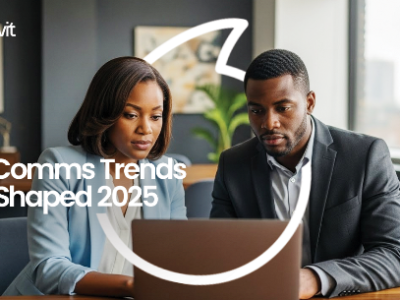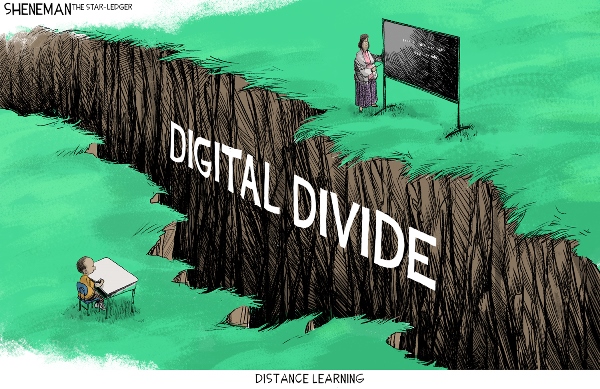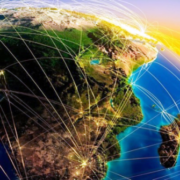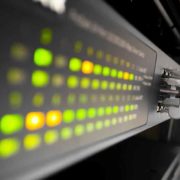By Engr. Gbolahan M.A. Alabi-Isama MS. Founder/CEO at Supercomafrica
Bridging the Governance Gap with Blockchain
In Nigeria, the debate about local government autonomy has resurfaced, with governors and their supporters arguing against it. They claim local councils, often filled with appointees rather than elected officials, cannot manage funds properly and fear increased crime due to high informality. These arguments, however, reveal a hypocritical stance in Nigeria’s governance scene.
Governors enjoy immunity from prosecution while in office, and after their terms, many face corruption charges by the Economic and Financial Crimes Commission (EFCC) for looting public funds, including local government allocations. This corruption cycle undermines local government autonomy and efficiency.
Traditionally, the Federal Government (FG) disburses funds for social development through ministers, resulting in bureaucracy, politicking, and fraud risks due to third-party involvement. The Ministry of Humanitarian Affairs, for instance, has seen EFCC probes costing taxpayers significantly. To combat corruption and improve efficiency, Nigeria needs to embrace smart contract technology.
What Are Smart Contracts?
Smart contracts are lines of code stored on a blockchain that execute automatically when predetermined conditions are met. They facilitate transactions such as money transfers, share exchanges, and property rights without intermediaries. Unlike traditional contracts, which can take days to formulate and execute, smart contracts operate within minutes, reducing time and costs.
Benefits of Smart Contracts for Nigeria
- Corruption Reduction: Smart contracts minimize fraud and embezzlement risks by automating transactions and removing intermediaries.
- Efficiency: Smart contracts streamline processes, cutting down on bureaucratic delays.
- Transparency: Every transaction is recorded on a blockchain, providing a clear audit trail.
- Cost Savings: Eliminating the need for intermediaries like lawyers reduces expenses.
Smart Contracts in Action
The Nigerian Central Bank Digital Currency (CBDC), known as the eNaira has already seen success with the eNaira. According to Vanguard’s analysis of CBN data, the value of eNaira in circulation rose by 302% in nine months, reaching N10.26 billion by September 2023. If coded to include smart contract functionality, the eNaira could further enhance transparency and efficiency in government spending.
Smart contracts could revolutionize trade finance, property ownership registration, and various financial services, including mortgages and loans. By connecting parties directly, they ensure processes are completed smoothly and securely.
The Need for Technological Adoption
Nigeria should prioritize smart contract implementation to reduce government spending on corruption and improve economic efficiency. The EFCC spends heavily on high-profile corruption cases, often lacking sufficient evidence. Adopting smart contracts for federal, state, and local government transactions can help prevent such fraud and ensure funds are used effectively.
Case Studies and Examples
- Digital Yuan: China’s digital yuan includes smart contract capabilities, allowing for seamless transactions even without internet connectivity.
- eNaira Wallet: The CBN’s introduction of the eNaira wallet, which can be accessed via USSD codes on feature phones, shows the potential for widespread digital currency adoption in Nigeria.
Future Prospects and Challenges
While smart contracts offer significant benefits, challenges such as a lack of engineering experience and regulatory hurdles must be addressed. Ensuring privacy and security within a decentralized network is also critical.
Conclusion
Smart contracts could transform Nigeria’s governance and financial systems, promoting transparency, reducing corruption, and enhancing efficiency. As Nigeria strives to become the giant of Africa, embracing this technology will be key to sustainable development and economic growth.
By leveraging smart contracts, Nigeria can take a decisive step towards modernizing its economy, ensuring that every Naira spent is accounted for, and ultimately improving the lives of its citizens.





























